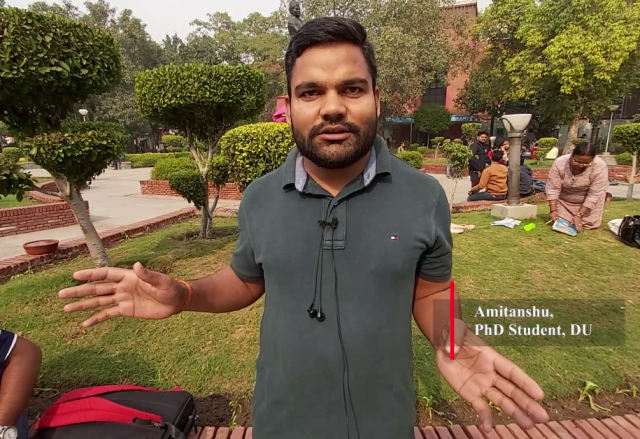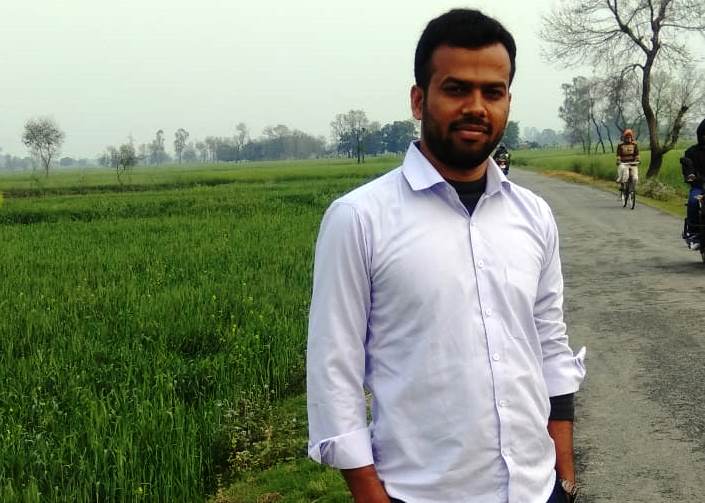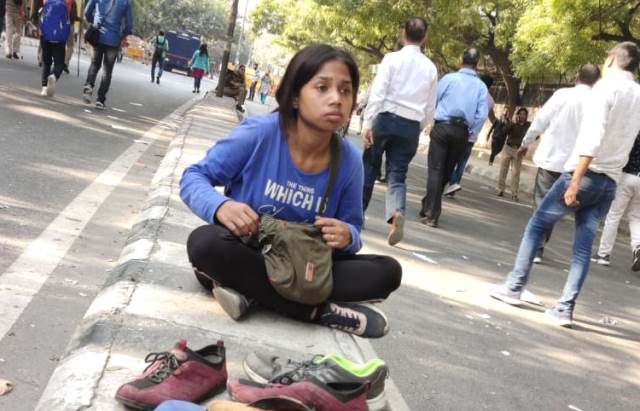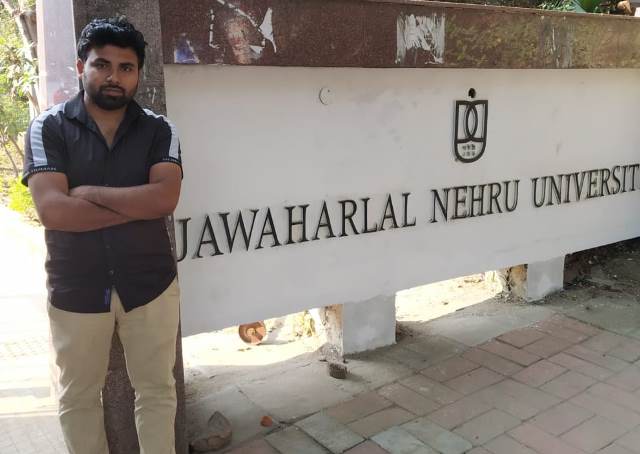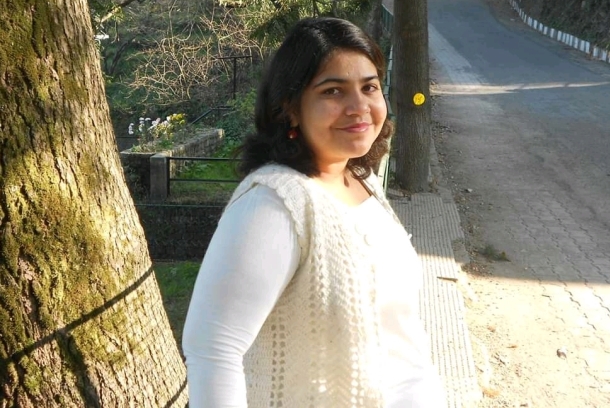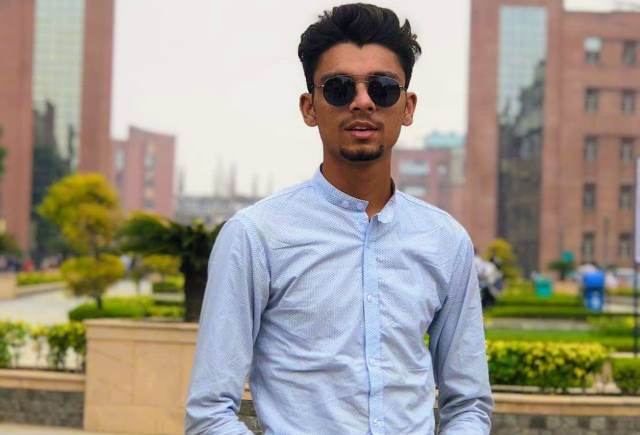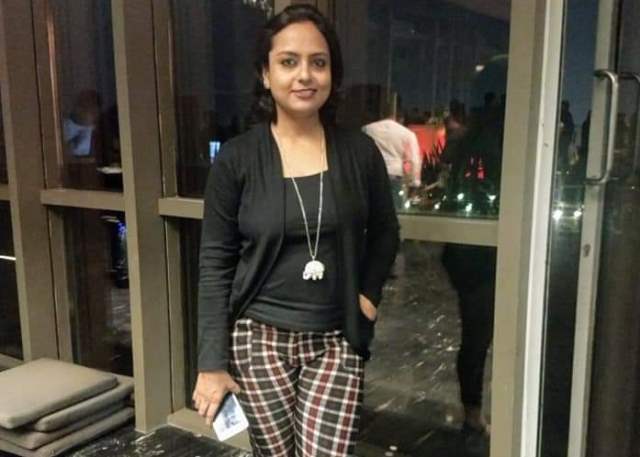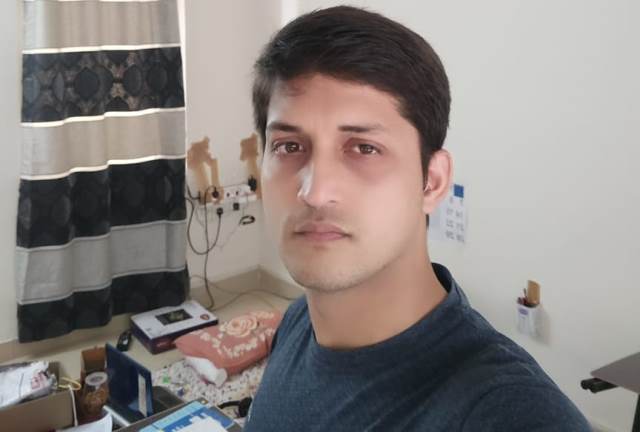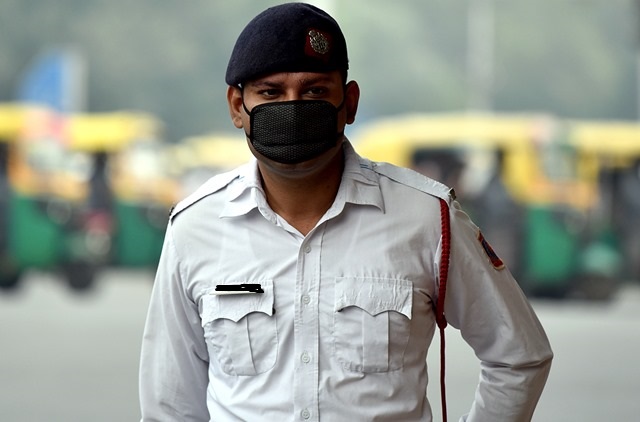Rakhi Singh, a resident of Indirapuram, Delhi-NCR, says Indians are neglecting traditional values of a sustainable living
I have two sons, 14-year-old Rakshan and 6-year-old Rakshit, and while the elder one is somehow coping up with the unprecedented pollution levels in Delhi-NCR, the younger one’s health has taken a hit. He has a lot of difficulty breathing, and we as parents feel quite helpless seeing him suffer so much. He is scared to go to sleep and fears he might stop breathing if he lies down in bed. My husband and I have to use different methods every night to divert his mind so that he can go to sleep.
We have been feeling the severity of pollution since 2016 which is when I think the levels of parali (stubble) burning by farmers in Punjab and Haryana went up. In my village in Bihar, farmers remove the parali from the fields by hand and then soak it into water and then after it has decomposed, they put it back into the fields as manure. As far as I know the farmers in Punjab and Haryana were promised machines to remove parali from the fields in an effective manner, but they haven’t been provided the machines yet.
The condition is such that we keep the windows closed at almost all times.Kidshavestopped going out in the society play area and they just go to their friend’s homes if they feel like playing. Both my kids are very environmentally aware and they always do their bit to keep the environment clean. Both my kids have decided not to burn crackers voluntarily. They don’t waste a single drop of water from their bottles and always make sure that any leftover water is used to water the plants.
My elder son even went to the extent of asking us to remove the water purifier from our homes became he couldn’t bear to see the wastage of water that comes with RO machines. The children get upset when they see other people living in our society bursting crackers as well as encouraging their kids to burst crackers on Diwali. They wonder how grown-up and educated people can behave like this when 16 year olds like Greta Thunberg are leading the conversation when it comes to climate change.
Also Read: ‘Kids Can’t Go To School On Children’s Day Due To Smog’
Since Diwali the schools have been opening and closing sporadically, as per the government’s order. Not only is the pollution taking a toll on the physical health of kids, it’s also taking a toll on their emotional health. Apart from missing out on their studies, they are also missing their friends badly, especially when they can’t go out to play even though they are at home.
I feel Indian traditions were always more eco-friendly. Even today in villages plates made of leaves are used for functions. There was (and in many small towns and villages it is still present) the tradition of giving rotis to animals first (cow, dog, crow and ants) and it somewhere taught us to respect animals, in fact to put them before ourselves. We gave them food before we ate it ourselves. We need to learn many a things from our ancestors of we want to truly master the art of sustainable living.

